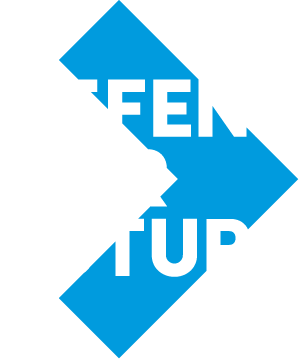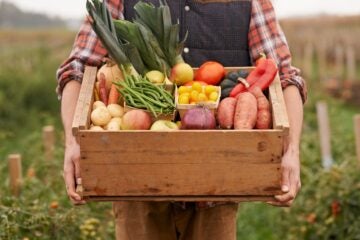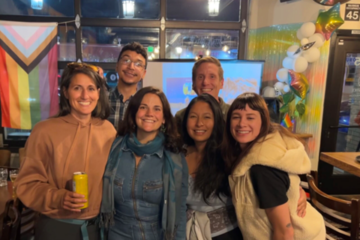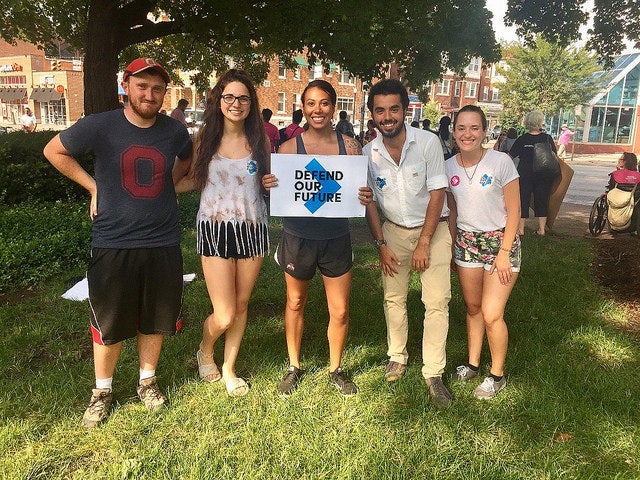This Black History Month, we are happy to add on to our list from last year, as we recognize and amplify the work of five more young Black leaders that fight for racial and social justice and climate justice and lift the voices of Black and brown communities that are disproportionately impacted.
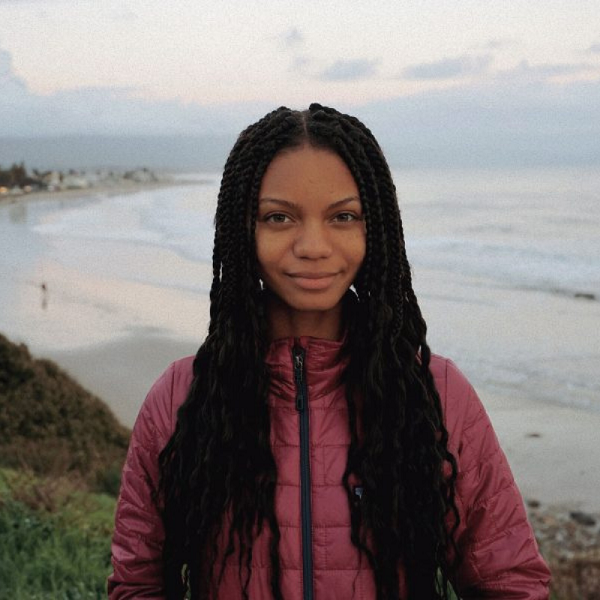
Leah Thomas, environmental activist, Founder of Intersectional Environmentalist
“I think it’s important to know that intersectional environmentalism and environmental justice are not competing. In my opinion, environmental justice is the goal, and intersectional environmentalism is a path to accomplish that goal.”
Instagram: @greengirlleah
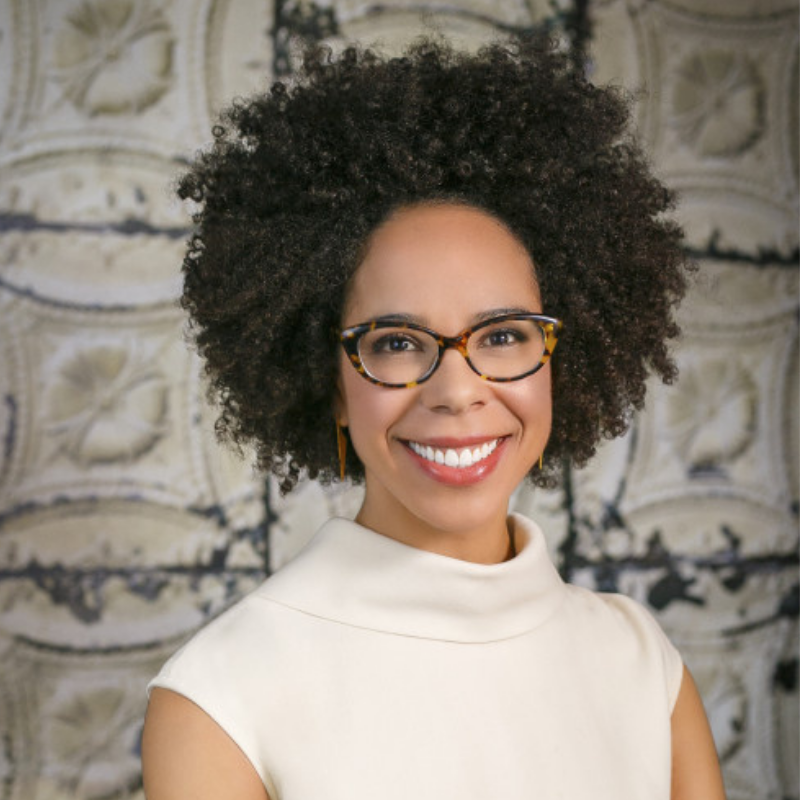
Dr. Ayana Elizabeth Johnson, marine biologist, Founder of Urban Ocean Lab
“If we want to successfully address climate change, we need people of color. Not just because pursuing diversity is a good thing to do, and not even because diversity leads to better decision-making and more effective strategies, but because, black people are significantly more concerned about climate change than white people (57 percent vs. 49 percent), and Latinx people are even more concerned (70 percent).”
Twitter: @ayanaeliza
Instagram: @ayanaeliza
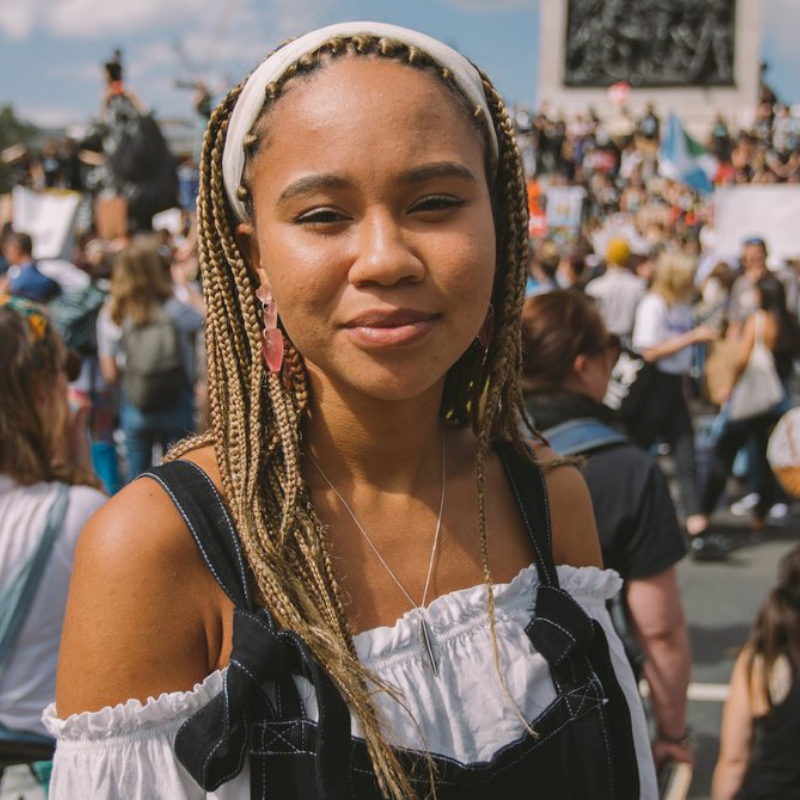
Mikaela Loach, Climate Justice & Anti-Racist Activist, author at Eco Age
“The foundation of the climate crisis is white supremacy and therefore our actions to combat the crisis must be anti-racist. Anti-racism is not only a link or optional extra: it is the solution.”
Instagram: @mikaelaloach
Twitter: @mikaelaloach
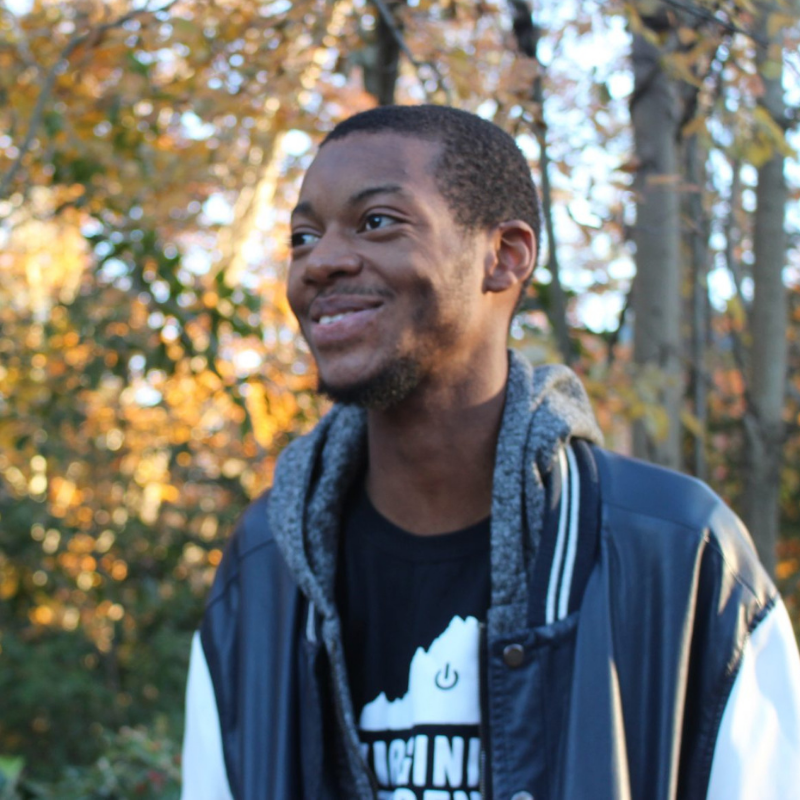
Kibiriti Majuto, Charlottesville-based organizer
“Climate change is affecting people in the Global South worst and causing them to lose their lands and resources that they need to survive. I didn’t want more people leaving their native land and then having to come to a country that resists them, puts borders or punishes them for being refugees.”
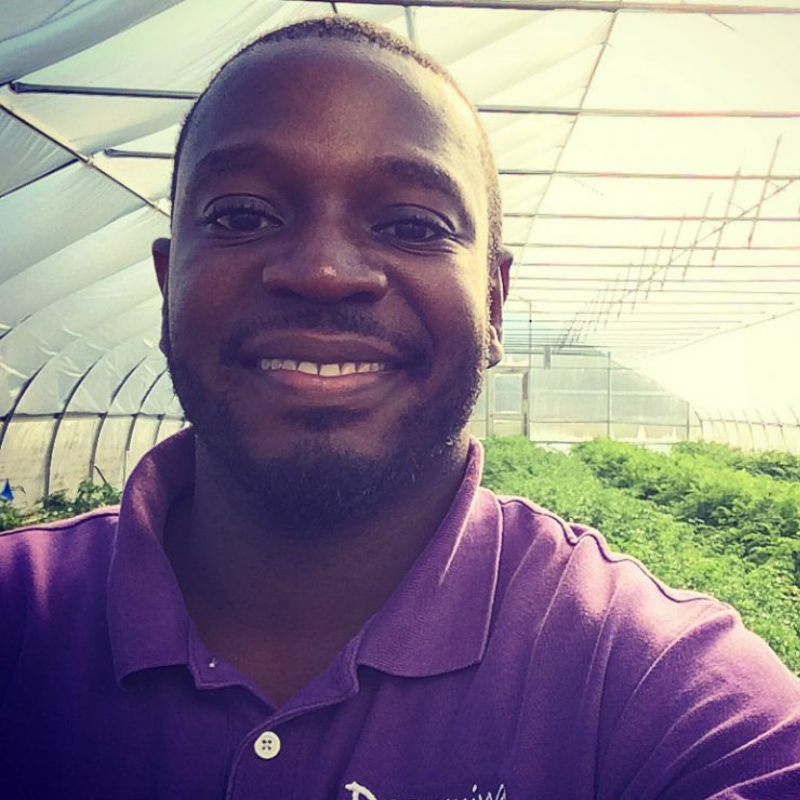
Christopher Bradshaw, Founder of Dreaming Out Loud
“Our mission is to create economic opportunity within marginalized communities, by getting to the root of what hampers a healthy, equitable food system. What that ends up looking like is a vertically integrated farm. If you go through a food entrepreneurship program and then you, an underresourced foodmaker, don’t have the money needed to start your business because of the racial wealth gap, you don’t have an opportunity for success. It’s a must to layer in all the intersectional pieces.”
